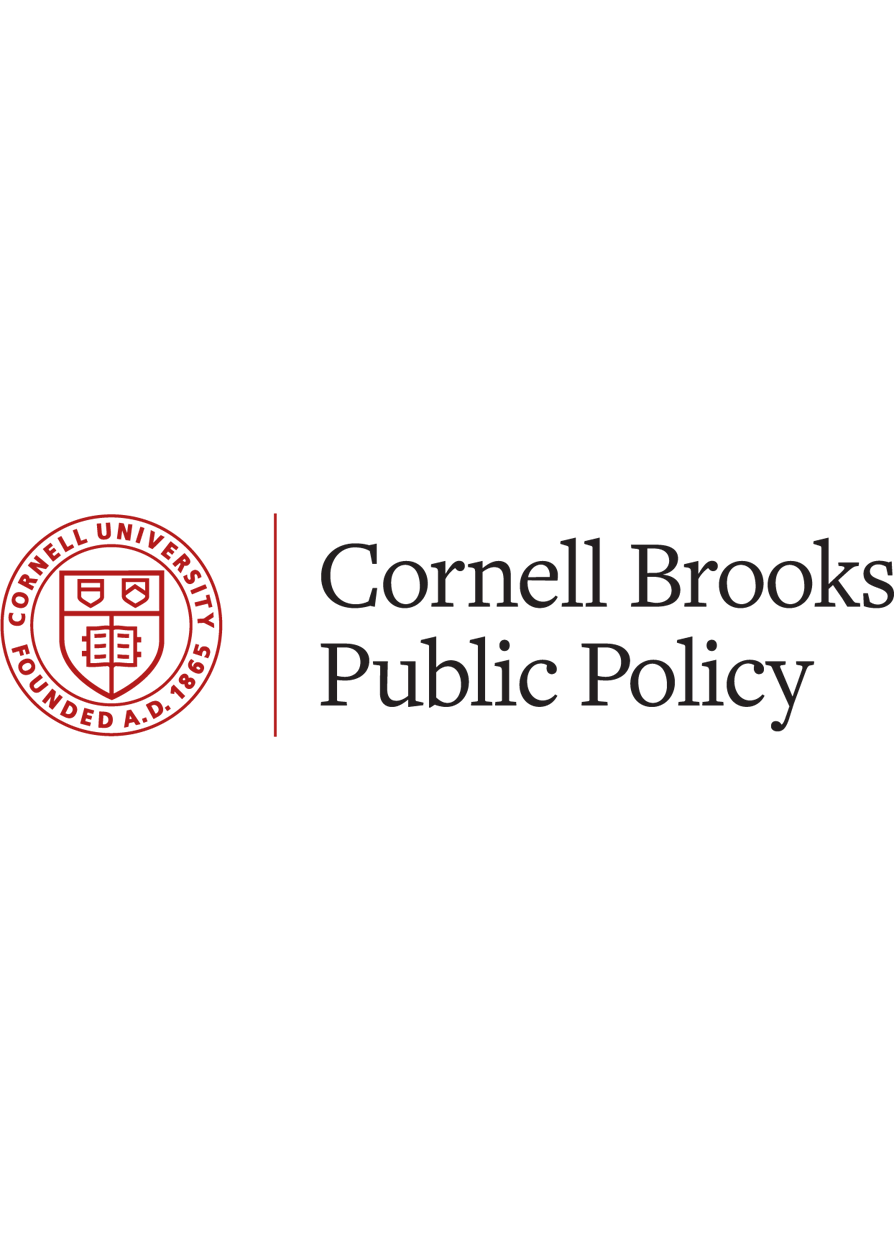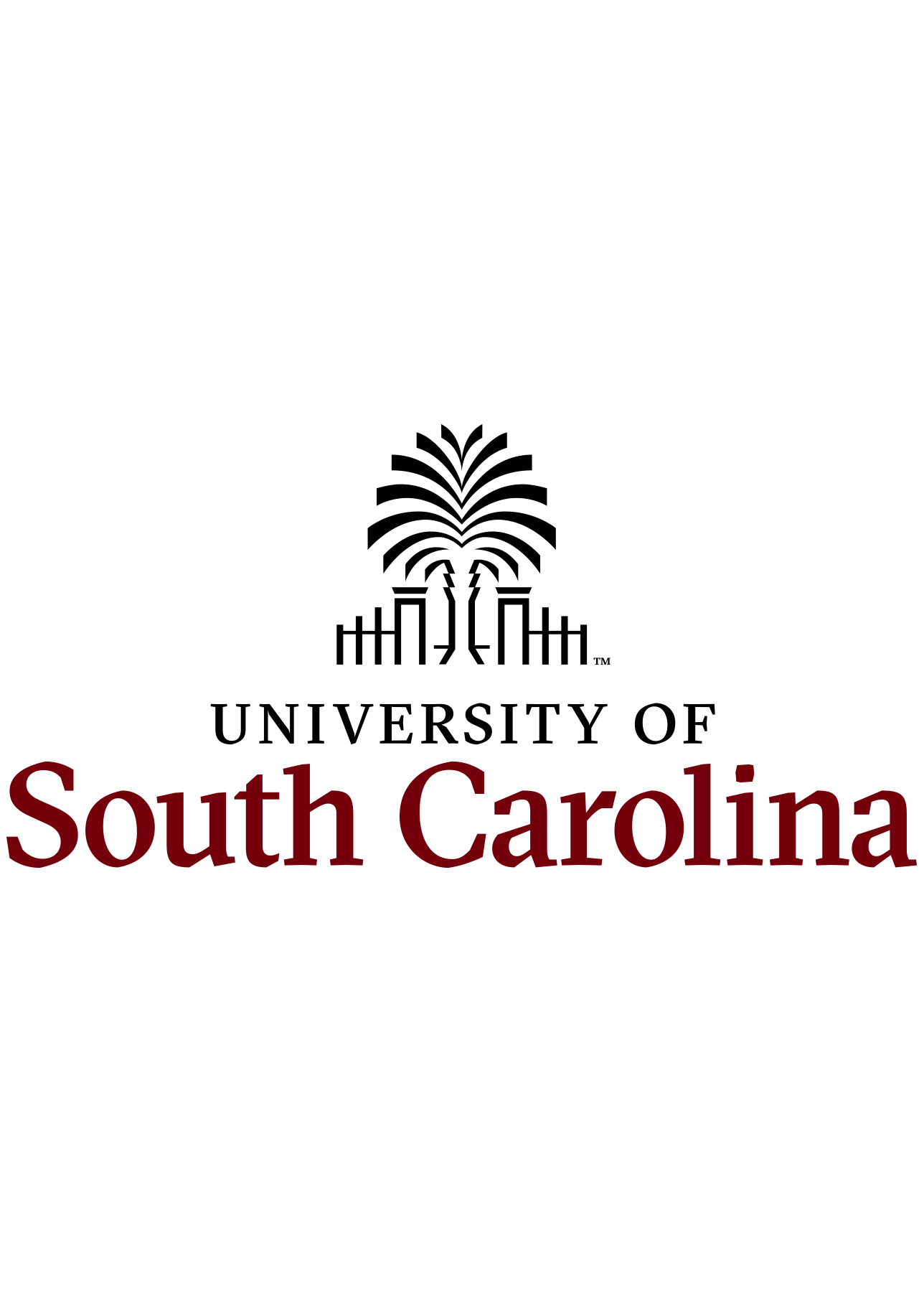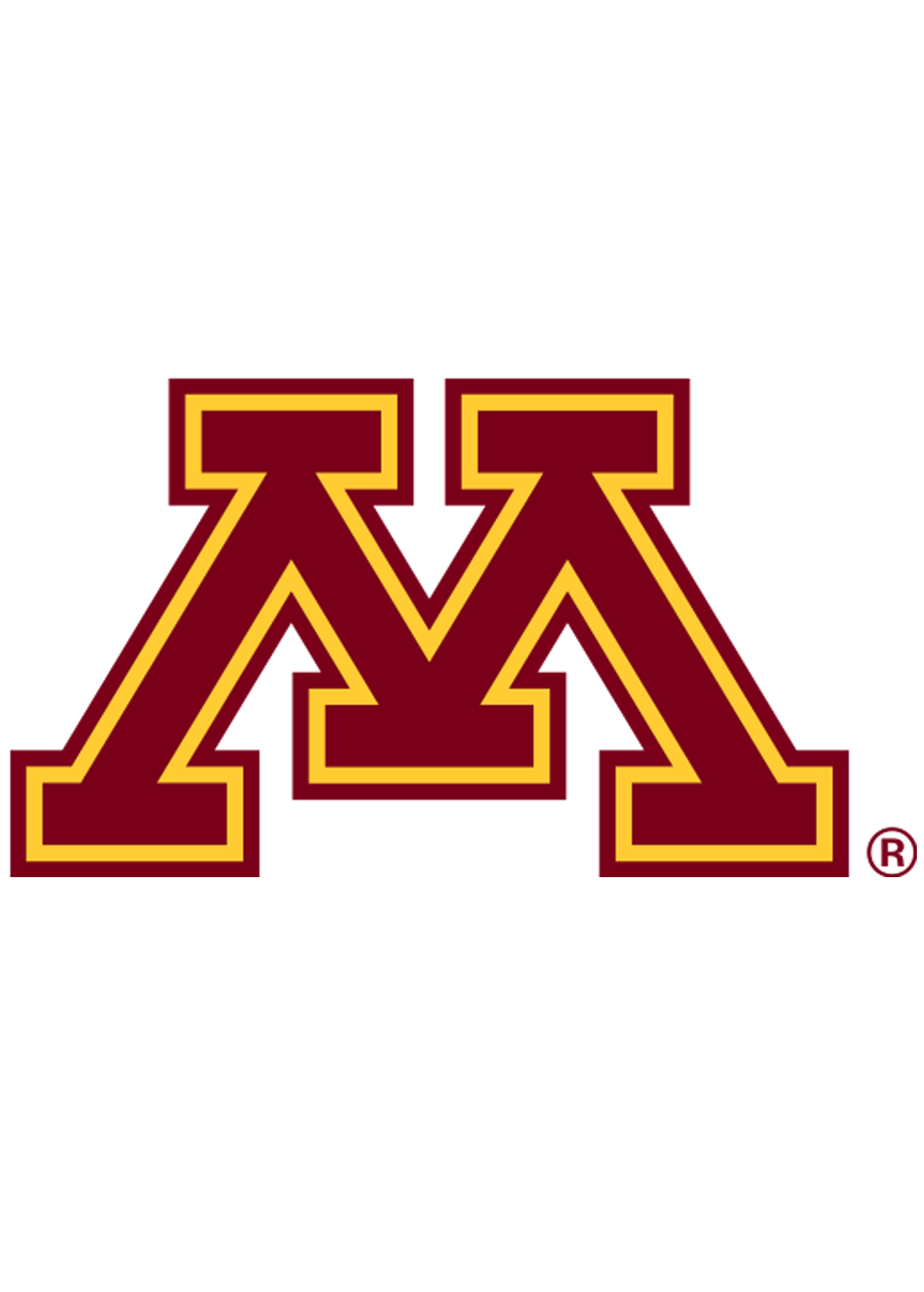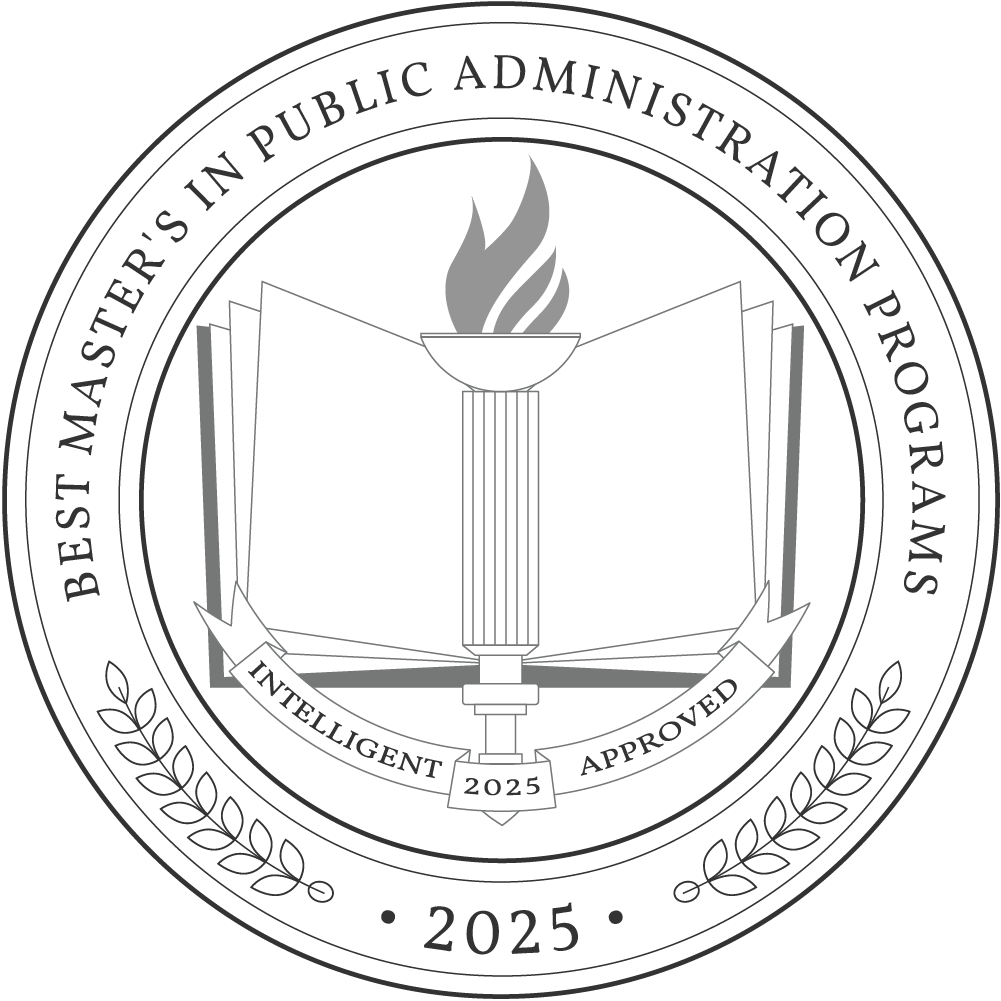In the realm of public administration, pursuing a master’s degree can open doors to impactful leadership roles within governmental and nonprofit sectors. Graduates from a master’s in public administration (MPA) program can pursue diverse and impactful roles within the governmental, nonprofit, and private sectors. Career options include working as an urban planner, with a median salary of $79,540 per year. Graduates might also consider becoming a public policy analyst, with a median salary of $50,000, or a political scientist, with a median salary of $128,020.
The average cost of an MPA program will vary greatly depending on multiple factors. At a public or state-funded institution, you can expect to pay an average yearly rate of $12,394 for your education, according to the National Center for Education Statistics. However, a private, nonprofit institution will cost an average of $28,445.
Why Trust Us
The Intelligent.com Higher Education Team is dedicated to providing students with independent, equitable school and program rankings and well-researched resources. Our expert-driven articles cover topics related to online colleges and programs, paying for school, and career outlooks. We use data from the U.S. Department of Education’s College Scorecard, the National Center for Education Statistics, and other reputable educational and professional organizations. Our academic advisory team reviews content and verifies accuracy throughout the year for the most current information. Partnerships do not influence rankings or editorial decisions.
- Analyzed over 2,000 national, accredited, and nonprofit colleges and universities
- 800+ rankings pages are reviewed and updated yearly
- Content is informed by reputable sources, surveys, and interviews with academic advisors and other experts
- Over 100 data points are reviewed for accuracy and quality throughout the year, including sources
How we rank schools
Our list features the best Master’s in Public Administration degree programs at top colleges nationwide. Each school featured is a nonprofit, accredited institution — either public or private — with a high standard of academic quality for post-secondary institutions.
We evaluated each school’s program on tuition costs, admission, retention and graduation rates, faculty, reputation, and the student resources provided for online students. We collected data from trusted sources like the National Center for Education Statistics, individual school and program websites, school admissions counselors, and other data sources. Then, we calculated the Intelligent Score on a scale of 0 to 100 based on the following criterion:
Academic Quality:
- Admission rate versus enrollment rate
- Retention rate of students who return after year one
- Accreditation status (regional and programmatic)
- Nonprofit status, both private and public institutions
Graduation Rate
- Overall graduation rate
- Total number of currently enrolled students, including diversity metrics
- Student-to-faculty ratio
Cost and ROI
- In-state and out-of-state per-credit tuition rates and fees
- Required credits to graduate
- Earning potential after graduation
- Availability of federal student loans, scholarships, and other financial aid options
Student Resources
- Available student services for online-only and hybrid programs
- On-campus amenities like tutoring centers and the number of libraries
Read more about our ranking methodology.
Best 38 Accredited Master's in Public Administration Programs
FiltersInstitution Type
Status
- Intelligent Score
- Alphabetically By University Name
- Acceptance Rate
- Enrollment
- In-state Graduate Tuition
- Out-of-state Graduate Tuition
- In-state Undergraduate Tuition
- Out-of-state Undergraduate Tuition

Columbia SIPA
Intelligent Score: 99.63In-state: $57,864
Out-of-state: $57,864
In-state: $49,024
Out-of-state: $49,024
SAT: 1460-1570
ACT: 33-35
$1,130
On-Campus
Middle States Commission on Higher Education
55-58

NYU Wagner
Intelligent Score: 99.59In-state: $52,204
Out-of-state: $52,204
In-state: $34,704
Out-of-state: $34,704
SAT: 1370-1540
ACT: 31-34
$2,162
On-Campus
National Association of Schools of Public Affairs and Administration
33

University of Pennsylvania Fels Institute of Government
Intelligent Score: 99.57In-state: $53,166
Out-of-state: $53,166
In-state: $37,678
Out-of-state: $37,678
SAT: 1460-1570
ACT: 33-35
$1,693
On-Campus
Middle States Commission on Higher Education
36

Cornell Jeb E. Brooks School of Public Policy
Intelligent Score: 98.7In-state: $68,380
Out-of-state: NA
In-state: $81,776
Out-of-state: $81,776
SAT: NA
ACT: NA
$889
On-Campus
Middle States Commission on Higher Education
48

Texas A&M University The Bush School of Government and Public Service
Intelligent Score: 98.38In-state: $8,395
Out-of-state: $36,849
In-state: $6,775
Out-of-state: $6,775
SAT: 1160-1380
ACT: 26-32
Resident: $559
Non-Resident: $572
On-Campus, Online
National Association of Schools of Public Affairs and Administration
48

Northwestern School of Professional Studies
Intelligent Score: 97.33In-state: $58,227
Out-of-state: $58,227
In-state: $56,067
Out-of-state: $56,067
SAT: 1430-1550
ACT: 33-35
$1,288
On-Campus, Online
Higher Learning Commission
48

Harvard Kennedy School
Intelligent Score: 96.66In-state: $49,653
Out-of-state: $49,653
In-state: $49,448
Out-of-state: $49,448
SAT: 1460-1580
ACT: 33-35
$900
On-Campus
New England Commission of Higher Education
64

University of Missouri
Intelligent Score: 95.69In-state: $9,330
Out-of-state: $27,612
In-state: $9,478
Out-of-state: $9,478
SAT: 1110-1320
ACT: 23-29
Resident: $500
Non-Resident: $1,200
On-Campus, Online
National Association of Schools of Public Affairs and Administration
36

American University
Intelligent Score: 94.84In-state: $50,542
Out-of-state: $50,542
In-state: $34,533
Out-of-state: $34,533
SAT: 1220-1390
ACT: 27-32
$1,866
On-Campus, Online
National Association of Schools of Public Affairs and Administration
39

UW Evans School of Public Policy & Governance
Intelligent Score: 94.76In-state: $9,273
Out-of-state: $37,161
In-state: $10,728
Out-of-state: $10,728
SAT: 1260-1460
ACT: 27-32
Resident: $1, 452
Non-Resident: $2,473
On-Campus
Northwest Commission on Colleges and Universities
72

USC Sol Price School of Public Policy
Intelligent Score: 93.8In-state: $12,288
Out-of-state: $33,528
In-state: $13,737
Out-of-state: $13,737
SAT: 1140-1340
ACT: 25-31
$1,666
On-Campus
Western Association of Schools and Colleges, the Senior College and University Commission
40

Villanova University
Intelligent Score: 93.18In-state: $56,730
Out-of-state: $56,730
In-state: $20,619
Out-of-state: $20,619
SAT: 1320-1460
ACT: 30-33
$890
On-Campus, Online
National Association of Schools of Public Affairs and Administration
39

University of Pittsburgh
Intelligent Score: 91.83In-state: $18,628
Out-of-state: $32,656
In-state: $23,530
Out-of-state: $23,530
SAT: 1243-1420
ACT: 28-32
In-State: $1,038
Out-of-State: $1,788
On-Campus
National Association of Schools of Public Affairs and Administration
48

Syracuse Maxwell School of Citizenship and Public Affairs
Intelligent Score: 90.06In-state: $53,432
Out-of-state: $53,432
In-state: $40,392
Out-of-state: $40,392
SAT: N/A
ACT: N/A
$1,872
On-Campus, Online
Middle States Commission on Higher Education
40

Rutgers University - Newark
Intelligent Score: 89.47In-state: $12,230
Out-of-state: $29,012
In-state: $17,736
Out-of-state: $17,736
SAT: 1180-1410
ACT: 25-32
In-State: $ 851
Out-of-State: $1,431
On-Campus, Online, Hybrid
National Association of Schools of Public Affairs and Administration
42

UNC School of Government
Intelligent Score: 88.4In-state: $7,019
Out-of-state: $34,198
In-state: $10,552
Out-of-state: $10,552
SAT: 1280-1490
ACT: 28-33
Resident: $600
Non-Resident: $1,388
On-Campus, Online
National Association of Schools of Public Affairs and Administration
45

University of Minnesota
Intelligent Score: 88.07In-state: $13,318
Out-of-state: $31,616
In-state: $17,580
Out-of-state: $17,580
SAT: 1240-1460
ACT: 25-31
Resident: $1,532
Non-Resident: $2,406
On-Campus, Online
Higher Learning Commission
30

Virginia Tech
Intelligent Score: 88In-state: $32,274
Out-of-state: $36,090
In-state: $44,444
Out-of-state: $44,444
SAT: 1210-1410
ACT: 26-32
In-State: $390
Out-of-State: $787
On-Campus, Online
National Association of Schools of Public Affairs and Administration
39
How to Choose a Master’s in Public Administration Degree Program
Choose your area of study
When selecting an area of study for an MPA degree, consider your specific interests and career goals within the broad field. Your concentration options may include public policy, nonprofit management, urban planning, or environmental policy. Reflect on your passion for social issues, environmental sustainability, or organizational leadership. Research each area’s curriculum and potential career paths. Choose an area that aligns with your aspirations, allowing you to gain in-depth knowledge and skills in a field that resonates with your professional objectives and desire to make a meaningful impact in public service.
Research schools and programs
When researching MPA programs, prioritize accredited institutions with strong reputations in public service education. Explore faculty expertise, program specializations, and available resources. Utilize reliable ranking sources to compare institutions. Consider factors like internship opportunities, alumni networks, and class sizes for a comprehensive evaluation. Connect with current students or alumni for insights into their experiences. Scrutinize admission requirements and deadlines. Investigate the program’s commitment to practical experiences, such as internships or capstone projects. By conducting thorough research, you can make an informed decision, ensuring that the chosen program aligns with your career goals and offers a robust educational experience in public administration.
Prepare for tests and applications
To prepare for tests and applications for a master’s in public administration program, begin by thoroughly reviewing the admission requirements. Focus on excelling in standardized tests like the GRE, which is often a prerequisite. Craft a compelling statement of purpose outlining your career goals and motivation for pursuing an MPA. Secure strong letters of recommendation that attest to your academic and professional capabilities. Prioritize gathering all required documents, including transcripts and a well-crafted resume. Attend test preparation courses if necessary and practice time management for exams. Seek guidance from admissions counselors for specific program insights and ensure all materials are submitted before deadlines.
Select your program
When selecting a master’s in public administration program, align your choice with career goals and specific areas of interest within public service. Evaluate program specializations, faculty expertise, and available resources. Consider factors like class size, internship opportunities, and the program’s reputation. Choose between online or on-campus formats based on your learning preferences. Assess alumni success stories and the strength of professional networks. Ensure the program provides a curriculum that resonates with your career aspirations. Ultimately, select a program that not only offers knowledge but also has a supportive environment for personal and professional growth, contributing to a fulfilling educational experience in public administration.
Determine how you’ll pay for your degree
To determine how to pay for a master’s in public administration degree, explore various funding avenues. Begin by filling out the Free Application for Federal Student Aid, or FAFSA. Investigate scholarships, grants, and assistantships offered by the institution. Examine federal and private student loan options, considering their respective repayment terms. Consider part-time work or internships to supplement income. Create a realistic budget, factoring in additional costs like textbooks and potential residency fees. Engage with the financial aid office to explore available merit-based aid opportunities. Crafting a well-thought-out financial plan ensures a comprehensive approach to funding your MPA, making the investment in education more sustainable.
What Can You Expect From a Master’s in Public Administration Degree Program
An MPA program provides a multifaceted educational experience, immersing students in the complexities of public service. Expect a curriculum that goes beyond theoretical knowledge, emphasizing practical skills crucial for effective governance and policy implementation.
MPA programs often incorporate real-world case studies, simulations, and collaborative projects to develop problem-solving and decision-making abilities. The coursework delves into public policy analysis, organizational management, and ethical leadership, preparing graduates for leadership roles in government, nonprofit, or international sectors.
Additionally, expect to explore emerging issues in public administration, such as environmental sustainability and social justice. The program’s duration, typically one and a half to two years, ensures a swift but thorough exploration of the intricacies of public administration.
Potential courses you’ll take in a master’s in public administration degree program
- Policy Implementation and Evaluation: This course focuses on the practical aspects of policy implementation, examining the challenges and strategies involved. Students learn to assess policy effectiveness through evaluation methods, ensuring a nuanced understanding of the policy lifecycle.
- Nonprofit Leadership and Governance: Exploring the unique dynamics of nonprofit organizations, this course covers effective leadership strategies, board governance, and financial management within the nonprofit sector.
- Urban Policy and Planning: Addressing the complexities of urban environments, this course delves into policies related to land use, transportation, and community development. Students analyze urban challenges and propose sustainable planning solutions.
- Public Finance and Budgeting: Covering the intricacies of public finance, this course equips students with skills in budget analysis, fiscal policy, and financial management within governmental and nonprofit entities.
- Global Governance and International Relations: Focused on the global context, this course explores international relations and global governance structures. Students analyze the complexities of managing public policies in a globalized world, addressing transnational challenges and opportunities.
Master’s in Public Administration Degree Frequently Asked Questions
How do I apply to a master's in public administration degree program?
To apply for an MPA program, initiate the process by thoroughly reviewing the specific admission requirements of your chosen institution. Prepare a compelling statement of purpose outlining your motivation and career goals within public administration. Secure strong letters of recommendation attesting to your academic and professional capabilities. Take standardized tests like the GRE, if required, and ensure you meet any prerequisite coursework. Assemble all necessary documents, including academic transcripts and a well-organized resume highlighting relevant experiences. Adhere to specified deadlines and consider consulting with admissions counselors for program-specific insights. Presenting a well-crafted application enhances your chances of securing admission to an MPA program.
How much does a master's in public administration degree cost?
The cost of a master’s in public administration degree varies widely based on factors such as the institution, its location, and the program’s duration. On average, public universities offer more affordable tuition, ranging from $12,000 to $30,000. Private institutions may have higher fees, typically ranging from $25,000 to $50,000. Additional expenses, including textbooks and materials, should be considered. Prospective students should thoroughly research the costs associated with their chosen MPA program and explore the financial aid options that may be available, such as scholarships, assistantships, and subsidized loans.
How long does it take to earn a master's in public administration degree?
An MPA degree typically takes one and a half to two years to complete. The program’s duration may vary based on factors such as full-time or part-time enrollment, online or on-campus formats, and the inclusion of internships or capstone projects. Part-time enrollment options may extend the completion timeline, accommodating students with additional professional or personal commitments. The number of credits the program requires (usually between 30 and 45) will also impact completion time. Overall, the relatively swift duration ensures that graduates quickly acquire the essential skills and knowledge needed for impactful roles in public service, making the MPA an efficient investment in one’s career.

